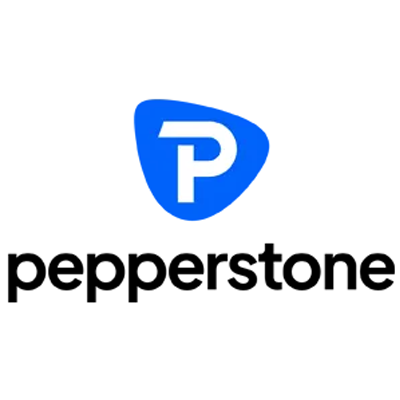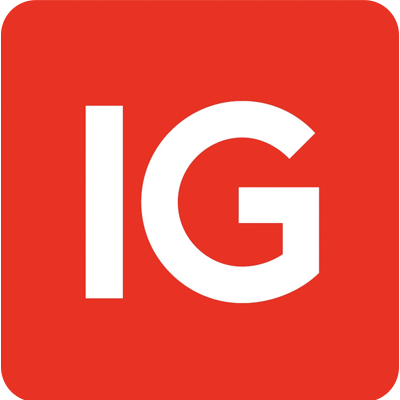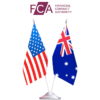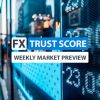
Best Forex Brokers for Middle East and Africa 2025 (MENA)
With trader activity in the Middle East and North Africa (MENA) region having surged in recent years, we wanted to help traders out by properly evaluating and ranking the Best Forex Brokers in MENA for 2025. Many of the top brokerages have set up operations in the region, with countries like the UAE, Saudi Arabia, Qatar and Egypt at the forefront of this economic transformation. Meanwhile, Abu Dhabi and Dubai have developed into globally-renowned economic hubs and are now home to several of the world’s leading financial firms.
Through hours of in-depth research, we’ve put together the most detailed overview of the Top Forex Brokers in MENA. To help us produce the most trustworthy and accurate final leaderboard, we cross-checked each broker against our specially-created FX Trust Score Index scoring mechanism. Regarded as the industry’s most comprehensive grading system for rating forex brokers, it draws upon a range of metrics, including tradable instruments, platform options, safety of funds, client support and more.
In particular, we assessed each broker’s specific local presence within the MENA region and its suitability for local traders. We considered factors including office location, customer support languages and swap-free (Islamic) accounts tailored to MENA-based traders. Only reputable brokers licensed with leading UAE regulators like Securities and Commodities Authority (SCA) and Dubai Financial Services Authority (DFSA) are featured in our list of the Most Trusted Forex Brokers in MENA. Read on to find out more.

Best MENA Brokers Leaderboard
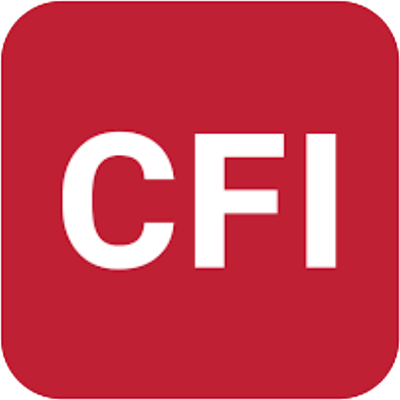

CFI
Rating: 4.65 / 5






*Trading carries a risk of loss





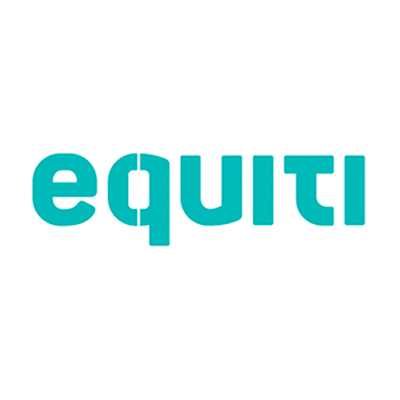

Equiti
Rating: 4.5 / 5




*Trading carries a risk of loss
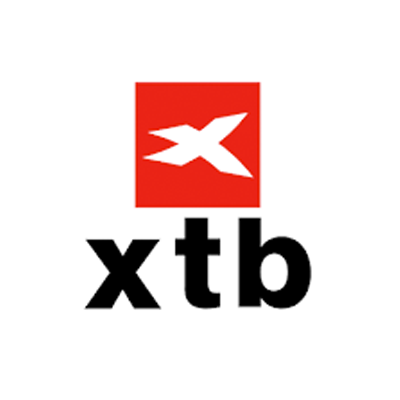

XTB
Rating: 4.45 / 5




*Trading carries a risk of loss





Score Breakdown
See the review ratings breakdown for the Best Forex Brokers in the Middle East and Africa (MENA) for 2025 and how each performed across six important criteria featured in our FX Trust Score Index.
| Regulatory Compliance | Security & Fund Protection | ||
| CFI | 5/5 | Equiti | 5/5 |
| Equiti | 5/5 | IG | 5/5 |
| IG | 5/5 | Pepperstone | 5/5 |
| Pepperstone | 5/5 | XTB | 5/5 |
| XTB | 5/5 | CFI | 4/5 |
| Customer Support | Localisation | ||
| CFI | 5/5 | CFI | 5/5 |
| Pepperstone | 4/5 | Equti | 5/5 |
| XTB | 4/5 | IG | 5/5 |
| Equiti | 3/5 | Pepperstone | 5/5 |
| IG | 3/5 | XTB | 5/5 |
| Local Payment Methods | Online Reputation | ||
| CFI | 4/5 | CFI | 5/5 |
| Equiti | 4/5 | Pepperstone | 5/5 |
| IG | 3/5 | Equiti | 4/5 |
| Pepperstone | 3/5 | IG | 4/5 |
| XTB | 3/5 | XTB | 4/5 |
*Where scores are tied, brokers are listed in alphabetical order.

Broker Review Rating Comparison
Marks out of 5 stars
CFI rating 4.65 / 5
Pepperstone rating 4.7 / 5
Equiti rating 4.5 / 5
XTB rating 4.45 / 5
IG rating 4.35 / 5

The FXTS Verdict
After all the scores were calculated, CFI emerged as the Best Forex Broker in MENA for 2025. The broker achieved high scores across the board and was the standout performer among all those we assessed. CFI offers excellent trading choice to its clients, presenting an impressive range of tradable instruments, tools and educational materials. It is also licensed with several international and MENA-based regulatory bodies, including the FCA (UK), FSCA (South Africa), FSA (Seychelles), SCA (UAE) and FRA (Egypt). A key reason why CFI scored so highly was due to its strong localisation features. The company has a total of six offices located in the MENA region, with a physical presence in the UAE, Egypt, Oman, Jordan, Lebanon and Palestine.
Pepperstone finished in second position due to its wide range of top-tier licences, proprietary trading platform, swap-free account option and local payment methods. Moving down the list, the SCA regulated Equiti broker came third, offering access to an array of MENA stocks and having offices in both Abu Dhabi and Dubai. XTB is also worthy of its inclusion on the final leaderboard, being multi-regulated with the KNF, FCA, CySEC and DFSA. Added to this, its educational articles are varied and comprehensive. Lastly, the DFSA regulated IG broker provides access to more than 17,000+ instruments, multiple trading platforms and a resourceful IG Academy section.

How did we choose the Best Forex Brokers in MENA for 2025?
When looking into the Best Forex Brokers in Middle East and North Africa (MENA) for 2025 we started by separating out the regulated and unregulated entities. After narrowing down the research pool to include only fully licensed firms, we thoroughly examined each one to assess the true extent of their MENA presence. This is an important step in the broker review process, offering traders added assurance that the shortlisted brokers have an operational presence in the region. It also ensures that the final leaderboard consists of trusted companies that are expected to meet strict regulatory standards around fee transparency and fund security.
After deciding on the final five brokers, we spend time visiting each company’s website, noting down the key features and product offerings they offer to MENA traders. We then take our analysis to the next level using our proprietary FX Trust Score Index. Here, we assess each chosen broker against six key criteria, assigning them a score out of five on factors including regulatory compliance, security and fund protection, customer support, localisation, local payment methods and online reputation. Once we have completed this process, we calculate the overall ratings before assigning a final ranking score, finalising the leaderboard and providing a detailed explanation of our findings.

FAQs
The Middle East and North Africa, commonly known as MENA, is a geographic region featuring a diverse array of countries. While there is no officially defined list of MENA nations, it is generally accepted that it includes the following 20 countries: Algeria, Bahrain, Djibouti, Egypt, Iran, Iraq, Jordan, Kuwait, Lebanon, Libya, Morocco, Oman, Qatar, Saudi Arabia, Somalia, Sudan, Syria, Tunisia, United Arab Emirates and Yemen.
The best brokers in MENA are fully authorised and licensed with reputable local regulatory bodies. Leading MENA-based financial regulators include the UAE’s SCA and DFSA, along with the CMA in Saudi Arabia and Egypt’s FRA. Individuals opting to trade with an unlicensed broker potentially place their funds at significant risk as these companies are not bound by strict regulatory rules and procedures. Discover the best forex brokers in MENA by checking out the final FX Trust Score leaderboard above.
Search for a fully licensed broker that is registered to offer trading services in MENA. It is important to check that the company is authorised with a local, MENA-based regulatory body. Leading regulators in the region include the CMA in Saudi Arabia, the FRA in Egypt and the SCA and DFSA in the UAE. Once this is established, the next step is to properly compare each of the brokers’ product offerings. Review all the key features, such as trading conditions, pricing, payment methods, trading platforms and swap-free account availability.
Forex trading is halal, or allowed, if it follows Islamic principles. While the matter has been debated by religious scholars, it is generally accepted that forex trading is permissible under Sharia law, provided it meets certain conditions. To be classed as halal, there must be no riba, or interest, meaning trading accounts should be swap-free and not feature any overnight charges. Also, each transaction should be exchanged immediately (Taqabudh) as spot trading. Traders should also ensure there is no speculation (Gharar) or gambling (Maisir) involved.
Yes, Muslims can trade forex, provided they meet certain conditions. To ensure halal trading practices, traders must avoid riba (interest), speculation (Gharar), and gambling (Maisir). They should only trade with brokers that offer swap-free (Islamic) account options, as these do not charge overnight fees. Lastly, traders should exchange currencies immediately and have actual control over the assets, rather than theoretical ownership.
There are several licensing authorities that oversee and regulate MENA forex brokers. In the UAE, the main regulators are the Securities and Commodities Authority (SCA) and Dubai Financial Services Authority (DFSA). Meanwhile, the Egypt Financial Supervisory Authority (FRA) and the Capital Market Authority (CMA) of Saudi Arabia are both prominent financial watchdogs in the region.
Publication date:
14/04/2025
Author: FX Trust Score
Last updated on April 15, 2025
